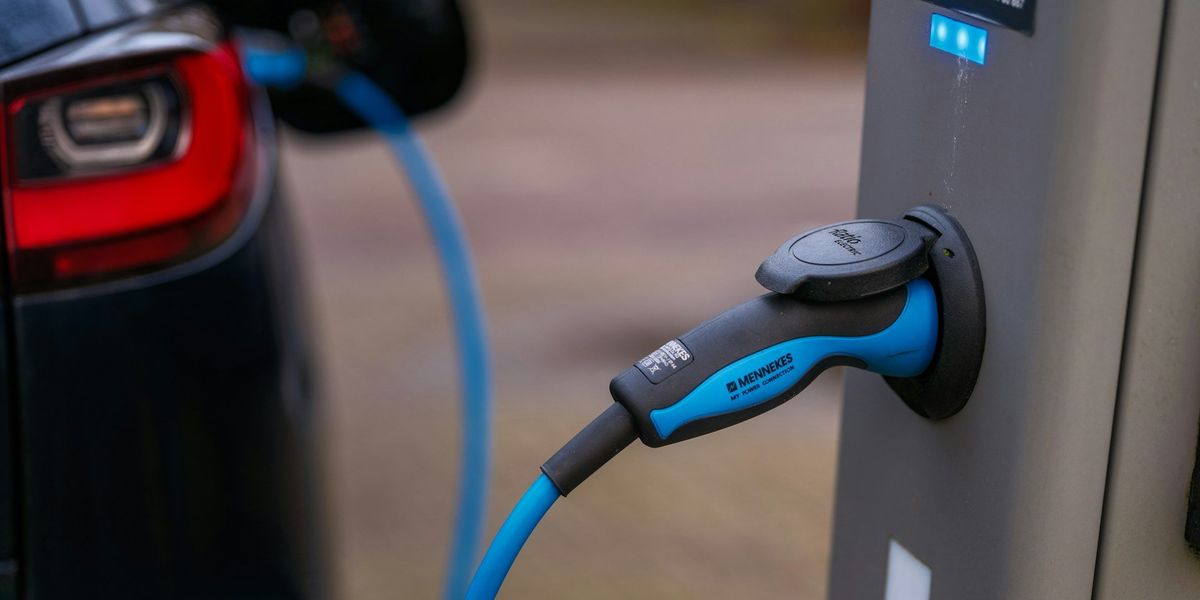
Republicans debate offshore drilling as some resist expansion
Even as Republican lawmakers push to reverse Biden-era offshore drilling restrictions, some oppose new development off their states’ coasts, complicating efforts to expand oil and gas production.
Garrett Downs reports for E&E News.
In short:
- President Donald Trump and congressional Republicans seek to open more federal waters to drilling, but some GOP lawmakers, particularly in Florida, oppose offshore development near their states.
- Legal challenges and existing state-level restrictions could hinder efforts to undo Biden’s ban, which covers federal waters along the East and West coasts and near Florida.
- The debate highlights divisions within the Republican Party, with some prioritizing energy expansion and others emphasizing environmental and political concerns.
Key quote:
“If the entire coast objects, you shouldn’t be doing it.”
— Rep. Ryan Zinke (R-Mont.), former Interior secretary
Why this matters:
Offshore drilling sits at the center of a long-running debate over energy policy, economic growth, and environmental protection. Supporters argue that expanding offshore oil and gas exploration strengthens national energy security, reduces reliance on foreign oil, and creates jobs in coastal communities. The oil industry often touts technological advancements that have made drilling safer and more efficient over the years. Public opposition to offshore drilling is particularly strong in states like Florida, where tourism and fishing industries depend on clean beaches and healthy waters.
Policymakers in coastal states often push back against federal efforts to expand drilling leases, citing both economic and environmental concerns. Oil spills — whether from drilling accidents or pipeline failures — can have devastating consequences for marine life, coastal economies, and fisheries. Memories of disasters like the 2010 Deepwater Horizon spill in the Gulf of Mexico, which released millions of barrels of oil into the ocean, continue to shape public opinion and impact local economies. Environmentalists warn that drilling disturbs fragile ecosystems, threatens endangered species, and contributes to climate change by prolonging dependence on fossil fuels.
Learn more: Senate votes to overturn Biden-era offshore drilling rule













